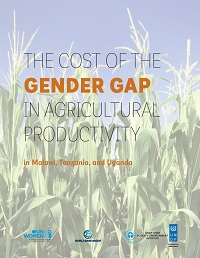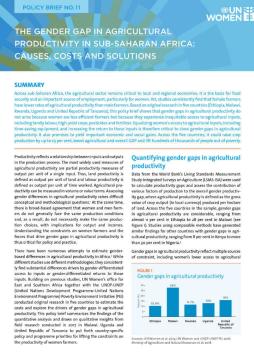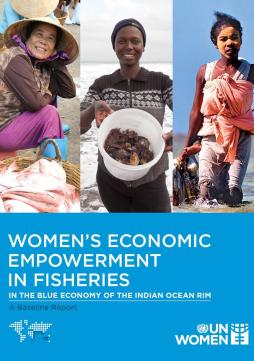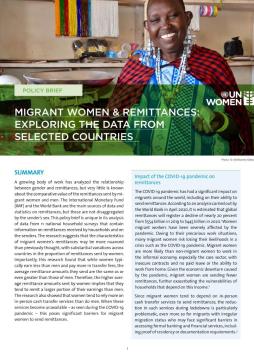The Cost of Agricultural Productivity in Malawi, Tanzania and Uganda
Women form a large proportion of theagricultural labour force in Sub-SaharanAfrica and thus play a vital role inensuring family nutrition and food security. InEastern and Southern Africa, agriculture continuesto be a key engine for local and regional economies,represents a critical source of income and ensuresfood security and nutrition. However, as has beenwidely documented, gender-based inequalities inaccess to and control of productive and financialresources inhibit agricultural productivity and reducefood security. A new study measuring the economiccosts of the gender gap in agricultural productivity inthree African countries—Malawi, the United Republicof Tanzania (hereafter Tanzania), and Uganda—provides further evidence that reducing the gendergap plays a significant role in poverty reduction andimproved nutritional outcomes.
The report provides a unique quantification ofthe costs in terms of lost growth opportunitiesand an estimate of what societies, economies,and communities would gain if the gender gap inagriculture is addressed. The findings of this reportare striking, and send a strong signal to policy makersin Africa as well as development partners that closingthe gender gap is smart economics. Consider this:closing the gender gap in agricultural productivitycould potentially lift as many as 238,000 people outof poverty in Malawi, 80,000 people in Tanzania, and119,000 people in Uganda.
This report is a joint production of UN Women,the United Nations Development Programme–United Nations Environment ProgrammePoverty-Environment Initiative (UNDP-UNEP PEI)Africa, and the World Bank. The collaboration was ledby UN Women, Eastern and Southern Africa RegionalOffice (ESARO).









